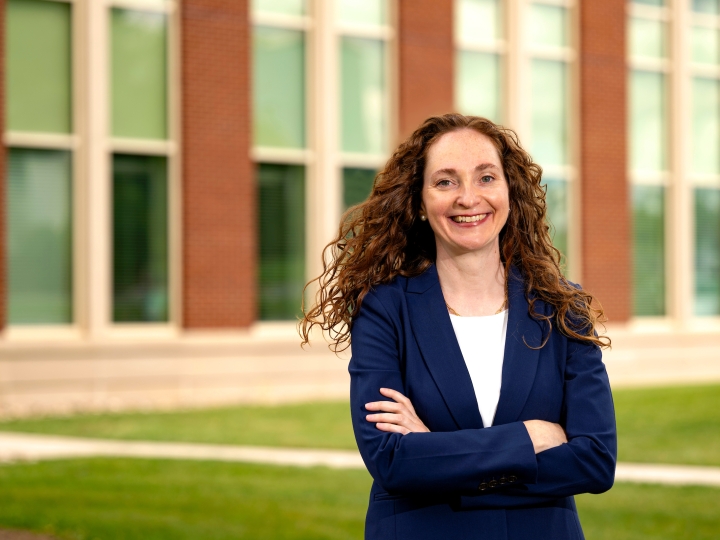Cool Classes: Mass Investing Society
March 9, 2018
What Class? The Mass Investing Society
Who Teaches It? Professor Janice Traflet, management
"In the 1920s, Wall Street observer Edwin Lefevre famously noted, 'What happens in the stock market today has happened before and will happen again.' Almost a century later, Lefevre's words still resonate, as it is possible to discern common themes and threads connecting Wall Street history to present activity. This course explores pivotal moments in the development of securities markets, juxtaposing historical events with more recent episodes and using perspectives from the past to gain insights into the present.
Find Your Path
"For example, students examine how the 1907 Panic unfolded and how financier J.P. Morgan struggled to decide which, if any, banks to bail out. Then, in the same class, students discuss the subprime mortgage crisis, which triggered the 2008 recession and the U.S. government's decision to let the mammoth investment banking firm Lehman Brothers fail. In another class, students examine some of the earliest bubbles, like 'tulipmania' in Holland in the 1600s, while simultaneously assessing the modern bitcoin phenomenon to see whether it fits the characteristics common to bubbles.
"I developed the class due to my own fascination with the so-called 'democratization' of the stock market over the past century. My book, A Nation of Small Shareholders, explores how millions of ordinary people came to invest in equities, despite the fact that many of them vividly remembered the stock market crash of 1929, even if they were not personally invested in the market at the time. From October 1929 through July 1932, the Dow Jones Industrial Average declined almost 90 percent. Yet since that time, the percentage of American shareholders has grown from fewer than 5 percent to roughly 50 percent. To view the roller-coaster action of the current stock market against the backdrop of historical events like the 1929 collapse can be eye-opening for students.
"Almost every current Bucknell student will one day own stock in some manner. In fact, many students are already shareholders. It's valuable for students across disciplines to have a historical perspective on the market and I welcome all majors into my course. No prior background in finance is necessary. English, history and economics majors, among others, have taken the class alongside accounting & finance majors. This diversity actually enhances the class. I strongly believe that learning about Wall Street history and understanding more deeply the securities markets, past and present, can be a richly rewarding experience for everyone."
See what else Bucknell offers in the Accounting & Financial Management program.
Are we missing out on a cool class? Send suggestions to coolclasses@bucknell.edu.

